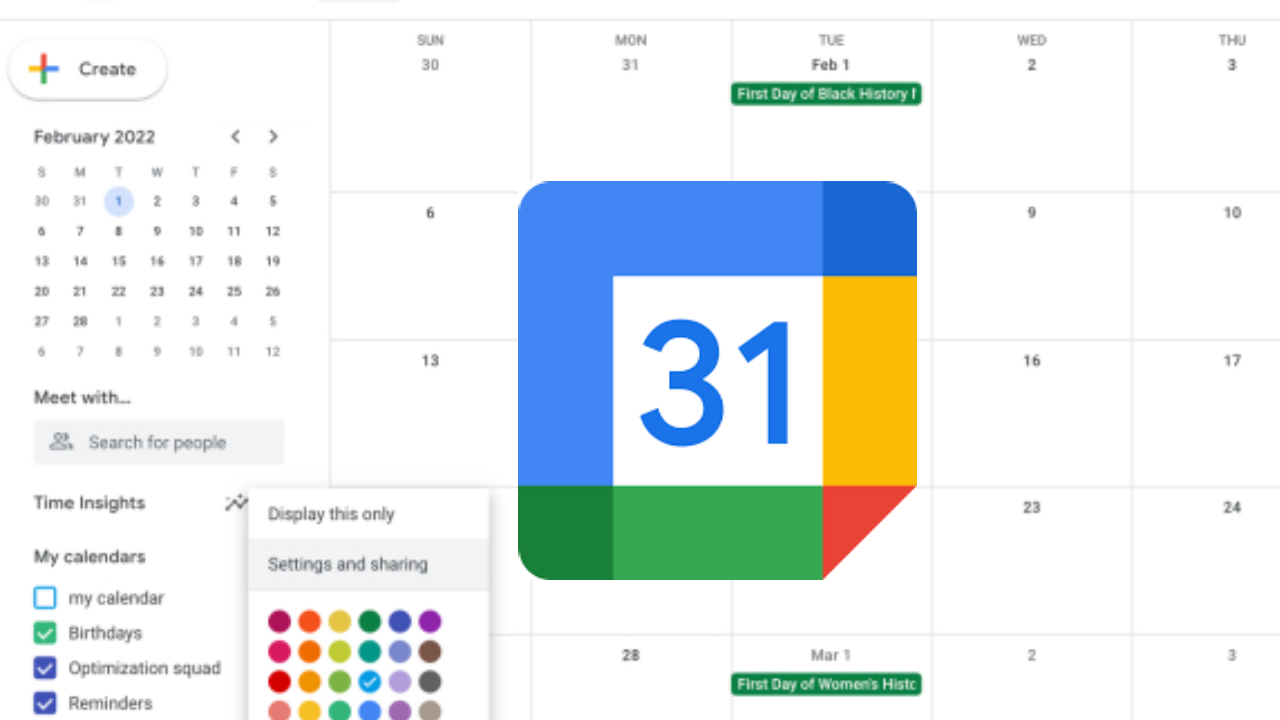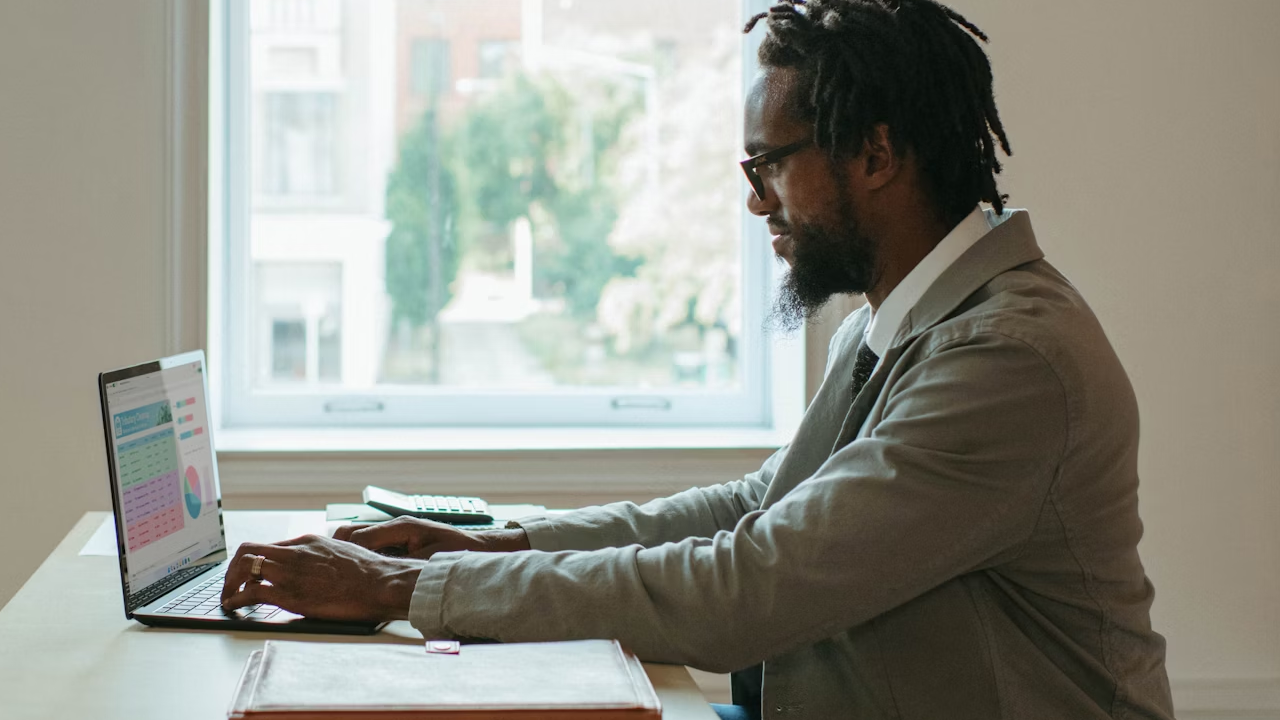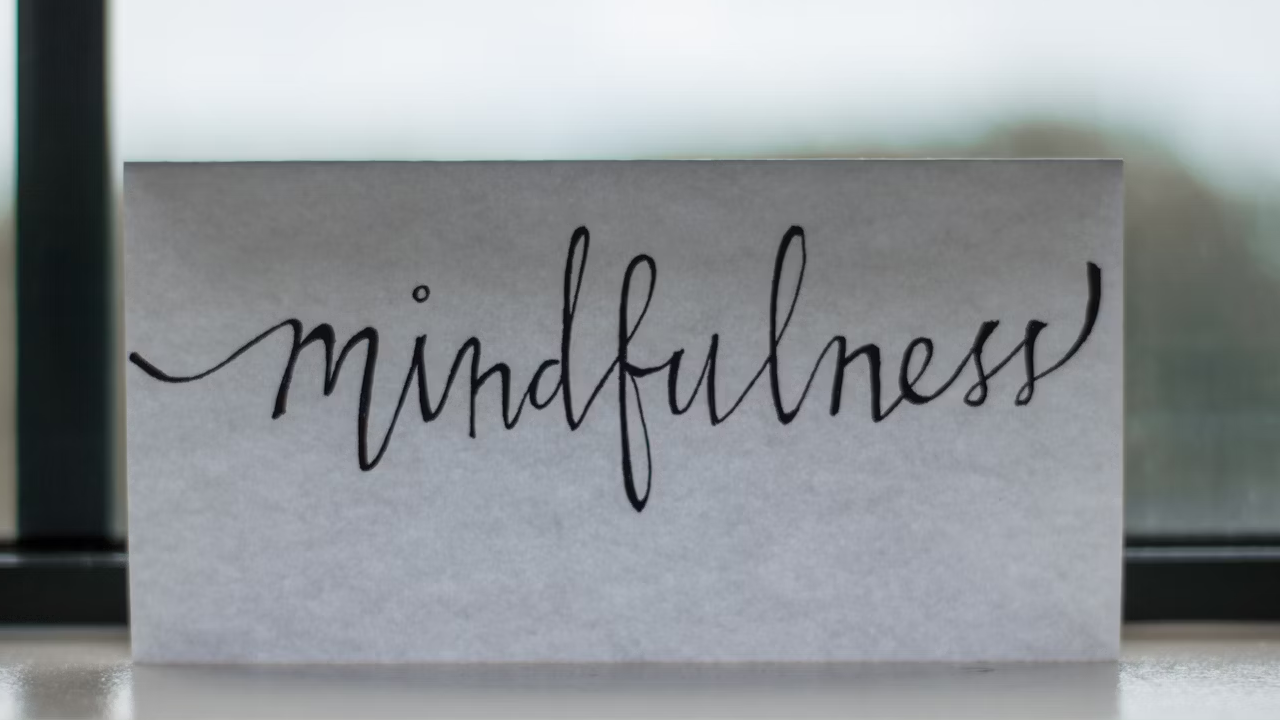Over the past few decades, agendas—whether physical planners, digital scheduling tools, or other forms of personal organization systems—have played a central role in managing time and tasks. However, in recent years, there has been a noticeable decline in the popularity of traditional agendas.
This shift can be attributed to a variety of factors, including changing lifestyles, advancements in technology, evolving workplace cultures, and the growing emphasis on mental well-being.
Table of Contents
1. The Rise of Digital Alternatives
One of the most prominent reasons for the decline in the popularity of traditional paper-based agendas is the rise of digital alternatives. As technology has become increasingly integrated into everyday life, people have gravitated toward the convenience, flexibility, and efficiency that digital tools provide. Mobile phones, tablets, and laptops now come with pre-installed calendars and scheduling apps that are often more customizable and accessible than physical planners.
The Convenience of Digital Tools

Digital calendars, such as Google Calendar or Apple Calendar, offer features that paper agendas cannot compete with. These tools allow users to set reminders, share schedules with others, and receive notifications in real-time. The ability to synchronize across devices has made it easier for people to manage both their professional and personal lives on the go. Users can input appointments or tasks on one device, and they will appear on all of their connected devices instantly. This synchronization capability makes digital tools far more convenient for those who are always on the move or need to stay updated on multiple fronts.
Additionally, digital calendars allow for an incredible level of customization. Color-coded events, recurring appointments, and integration with other productivity apps (such as task managers like Todoist or Evernote) provide users with a holistic approach to managing their time. The adaptability of digital tools to fit individual needs means that traditional paper-based agendas, which are more static, can feel cumbersome and limited in comparison.
Environmental Concerns
Another factor contributing to the shift toward digital agendas is the growing concern about environmental sustainability. In recent years, there has been increased awareness about the environmental impact of producing and consuming paper products. Many people now choose to reduce their use of paper in daily life, opting for digital tools as a way to minimize waste. The perception that using a digital planner is more environmentally friendly can be a motivating factor for people who are conscious of their ecological footprint.
2. The Shift in Workplace Cultures
The changing nature of work has also played a significant role in the decline of traditional agendas. In the past, many jobs required employees to adhere to strict schedules and detailed planning, often necessitating the use of daily planners to stay organized. However, modern workplace cultures have evolved, particularly with the rise of flexible working conditions and the gig economy.
Flexible Work and Remote Work Trends
With the increasing prevalence of remote work and flexible hours, the rigid structure that traditional agendas offer is often seen as unnecessary. For many, particularly those working in creative or freelance industries, day-to-day schedules can be fluid, and their workflow may not fit neatly into the structured layout of a physical agenda. Instead, these workers may prefer digital tools that allow for more flexibility and real-time adjustments.
Moreover, many modern workplaces now emphasize collaboration and teamwork. Tools like Slack, Microsoft Teams, and Asana are designed to facilitate communication and project management in a dynamic environment. These platforms often integrate calendar and task management functionalities, allowing teams to coordinate their schedules without needing an individual agenda. The collaborative nature of these platforms reduces the need for each person to maintain a separate, personal agenda, as tasks and deadlines are shared collectively.

Burnout and Over-Scheduling
The modern workplace is also increasingly aware of the mental health challenges associated with over-scheduling and burnout. Traditional agendas, with their focus on daily tasks and appointments, can reinforce a sense of urgency and pressure to constantly “stay on top” of things. This pressure can lead to stress and a feeling of being overwhelmed, especially in cultures that prioritize productivity above all else.
As awareness of mental health issues grows, many people are choosing to step away from tools that make them feel constrained or overburdened. Instead, they may seek out more mindful approaches to time management, such as bullet journaling, meditation, or simply allowing for more unstructured time in their day. The rigidity of traditional agendas doesn’t always align with these more fluid, wellness-oriented approaches to time management.
3. The Shift from Planning to Adaptability
Another reason for the decline in the use of traditional agendas is a broader cultural shift from planning to adaptability. In today’s fast-paced, constantly changing world, long-term planning can sometimes feel irrelevant or even counterproductive. Instead of meticulously organizing their days or weeks in advance, many people are now focusing on remaining adaptable and responding to changes as they happen.
The Pace of Modern Life
The speed at which information and events unfold today can make detailed planning feel obsolete. With the rise of real-time communication and instant access to information, many people find themselves needing to adjust their plans on a moment’s notice. Whether it’s an unexpected work meeting, a change in travel plans, or a new opportunity that arises, the ability to adapt quickly is often more valuable than sticking to a pre-established schedule.
The unpredictability of modern life, exacerbated by global events such as the COVID-19 pandemic, has also led people to rethink their approach to time management. During the pandemic, many found that their well-laid plans were upended, leading to a collective reevaluation of how we structure our time. The need for flexibility, spontaneity, and resilience has become more apparent, and traditional agendas, which emphasize pre-planning, may no longer feel like the most relevant tool for managing one’s life.
Embracing Minimalism and Simplicity
Alongside this shift toward adaptability is the growing popularity of minimalism and simplicity in lifestyle choices. Many people are adopting minimalist principles, not just in terms of physical possessions, but also in how they manage their time and commitments. The minimalist mindset often encourages people to focus on what is truly important and let go of unnecessary tasks, distractions, and obligations.
For individuals embracing minimalism, traditional agendas, with their long lists of tasks and scheduled events, can feel counterproductive. Instead of filling their days with a multitude of obligations, these individuals may prefer to have more open, unscheduled time, allowing them to focus on what truly matters. This approach to time management aligns more with digital tools that offer flexibility or with systems like the bullet journal, which allows for customization and reflection.
4. The Rise of Mindfulness and Mental Health Awareness
As mentioned earlier, one of the most significant cultural shifts in recent years has been the growing awareness of mental health and the importance of mindfulness. This shift has influenced how people manage their time and how they view tools like traditional agendas.
The Pressure of Perfectionism
For some, the use of a traditional agenda can feed into feelings of perfectionism and the pressure to be constantly productive. The act of filling out each day with tasks and appointments can create a sense of obligation that becomes overwhelming. When people fail to complete everything they’ve planned, it can lead to feelings of failure or inadequacy, which can contribute to anxiety and stress.
In contrast, the rise of mindfulness practices encourages people to be present in the moment and to let go of the need for perfection. This shift in mindset has led some individuals to abandon traditional agendas in favor of more fluid, less structured ways of managing their time. Journaling, meditation, and other mindfulness tools allow people to reflect on their priorities and values, rather than focusing solely on productivity and achievement.

The Bullet Journal and Mindful Planning
One tool that has gained significant popularity in recent years, partly due to this focus on mindfulness, is the bullet journal. Unlike traditional agendas, which are often pre-printed with rigid layouts and time slots, the bullet journal is a completely customizable system that allows users to design their own layouts and structures. This flexibility means that users can incorporate mindfulness practices, such as gratitude journaling or habit tracking, into their planning process.
The bullet journal’s popularity can be seen as a response to the shortcomings of traditional agendas. It offers a way for people to stay organized without feeling constrained by pre-defined formats or expectations. The creative, personalized nature of bullet journaling appeals to those who want to balance productivity with self-reflection and mental well-being.
5. Cultural Shifts in the Definition of Productivity
Finally, the decline in the popularity of traditional agendas can be traced to broader cultural shifts in how we define and value productivity. In previous decades, productivity was often associated with completing as many tasks as possible within a given time frame. Agendas, with their focus on lists, deadlines, and appointments, were seen as essential tools for achieving this kind of efficiency.
However, modern attitudes toward productivity are evolving. Rather than focusing solely on output, many people are now placing greater emphasis on the quality of their work, the balance between work and personal life, and the pursuit of meaning and purpose. This shift has led to a reevaluation of time management tools and methods.
Focus on Deep Work and Creativity
In the realm of professional productivity, the concept of “deep work” has gained significant traction. Coined by author Cal Newport, deep work refers to the ability to focus without distraction on cognitively demanding tasks. This approach to productivity contrasts with the traditional notion of multitasking and task-juggling that agendas often promote.
People who prioritize deep work may find that traditional agendas, with their emphasis on keeping track of numerous small tasks, are not conducive to achieving the kind of focus needed for meaningful, high-quality work. Instead, they may opt for simpler, less structured methods of time management that allow them to dedicate uninterrupted time to creative or intellectual pursuits.
